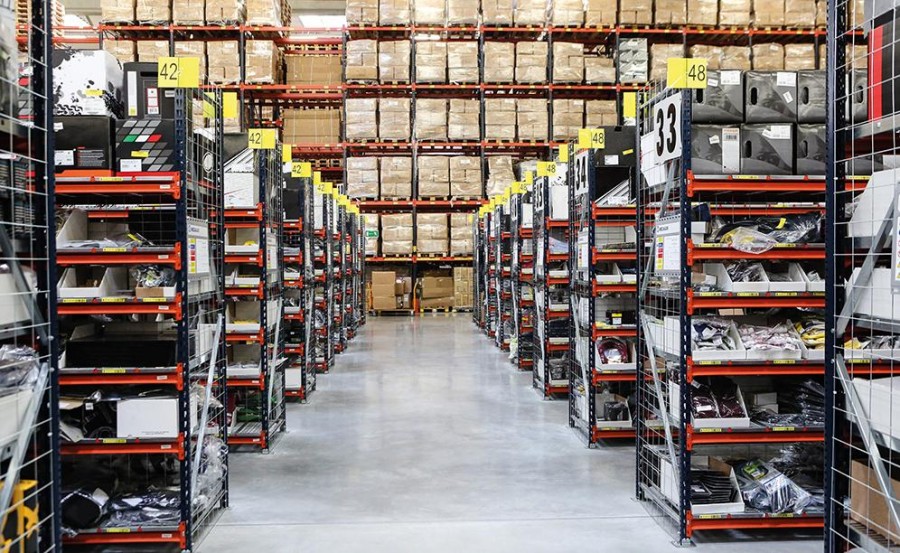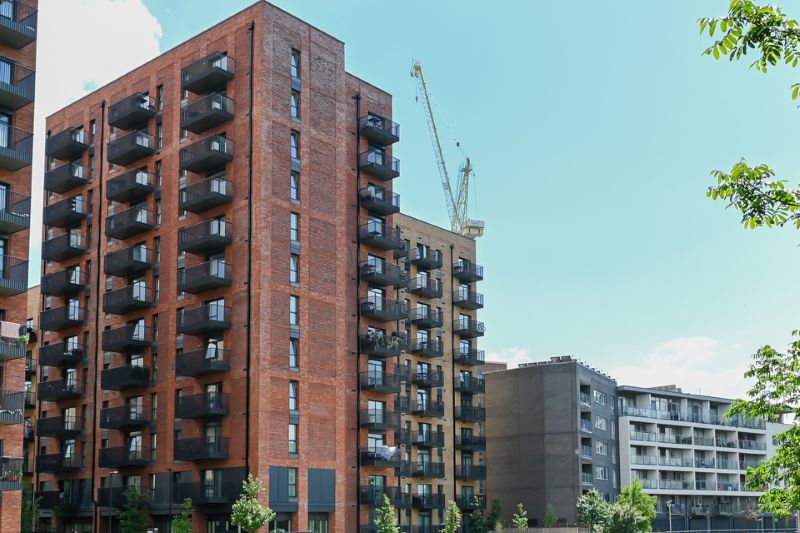The end of the second quarter saw the UK manufacturing sector remain in contraction territory, with levels of output, new orders and employment suffering further declines.
This was despite signs of price and supply chain pressures easing, as client uncertainty and subdued conditions in domestic and export markets continued to weigh on order books.
The seasonally adjusted S&P Global / CIPS UK Manufacturing Purchasing Managers’ Index (PMI) fell to a six-month low of 46.5 in June, down from 47.1 in May. The PMI has signalled contraction in each of the past 11 months.
All five of the sub-component indices (output, new orders, stocks of purchases, employment and suppliers' delivery times) were at levels consistent with weaker operating conditions. Output contracted for the fourth successive month in June, albeit at a slower pace. Downturns at investment and intermediate goods producers continued, in contrast to mild growth in consumer goods output.

There were reports linking lower production to reduced new order intakes and capacity being above current demand requirements. The outlook for output was also less positive at the end of quarter two.
Although 53% of manufacturers still forecast growth over the coming 12 months, the overall degree of optimism dipped to a six-month low.
New product launches and planned spending on sales, marketing and capital investment were all expected to boost production over the coming year. This was tempered by concerns about rising market uncertainty, the impact of the cost-of-living crisis on prospective demand and fears clients may switch to lower cost rivals\markets.
June saw manufacturers face lacklustre demand in both domestic and overseas markets. This led to a decrease in new order intakes for the third successive month, with the rate of contraction accelerating to its fastest since January. There were reports of a general reluctance among clients to commit to new contracts, especially as many remained over- stocked.
Weaker demand from markets including the US, mainland China, Europe and Brazil led to a further decline in new export order intakes. Foreign demand deteriorated for the seventeenth consecutive month and at the quickest pace during the year so far. Subdued market confidence and rising competition were the main factors underlying the latest decline.
The downturns in output and new orders drove a further reassessment of staffing requirements at UK manufacturers. Employment fell for the ninth month in a row, with the rate of reduction the sharpest since March. Job losses also reflected weaker demand, redundancies and cost management initiatives. Weak demand and improved material availability led to lower backlogs of work and a build-up of stocks of finished goods at warehouses.
Inventories of purchases decreased, largely due to a marked reduction in purchasing activity. Lower demand for inputs was also a prime factor underlying a further improvement in vendor lead times. Average input costs declined for the second month running and to the greatest extent since February 2016. There were reports of weaker demand for inputs, reduced fuel costs, commodity price decreases and improved supply chains all leading to lower costs. That said, the recent easing in cost pressures follows a sustained inflationary period, meaning price levels for many inputs remain elevated overall. Average output prices meanwhile ticked lower for the first time since April 2016.
Rob Dobson, Director at S&P Global Market Intelligence, said: “The UK manufacturing sector continued to report recessionary conditions in June. The headline PMI dropped to a six-month low as output, new orders and employment all suffered further declines.
“Producers are being hit by weak domestic and export market conditions with clients showing a greater reluctance to commit to spending due to market uncertainty, increased competition and elevated costs. This is also impacting business optimism and stoking fears among some manufacturers that client spending may shift to lower cost rivals and markets.
“Although some respite is being offered in the short-term by reduced pressures on supply chains and costs, these remain a symptom of the current weakness of demand faced by the sector and are therefore unlikely to play a role in boosting production moving forward. Manufacturers therefore remain in defence mode, looking to cut back spending on purchasing and employment wherever possible and release capital tied up in stocks.”
Dr John Glen, Chief Economist at the Chartered Institute of Procurement & Supply, said: “The downturn in the manufacturing sector gathered pace in June with the PMI at its lowest level since December and has now signalled contraction in every month for almost a year.
“A combination of depressed sales from domestic and overseas markets and strong price pressures hanging around has resulted in levels of new business reducing for the third month in a row. Brexit-related controls impacted on levels of new orders from the EU but there were signs of some pick up in the Middle East as economies around the world showed some improvement at varying speeds.
“However, generally, there is little in this month’s figures to encourage the industry. As business operations shrank to fit market opportunities, manufacturers reduced headcounts for the ninth month in a row with non[1]replacement of leavers and some job shedding.
“The UK has avoided recession by the skin of its teeth according to official government data, but manufacturers are reducing stock levels and buying and investing less just to keep their heads above water as optimism recorded a six-month low amongst businesses about the sector’s chances in the next 12 months.”




















